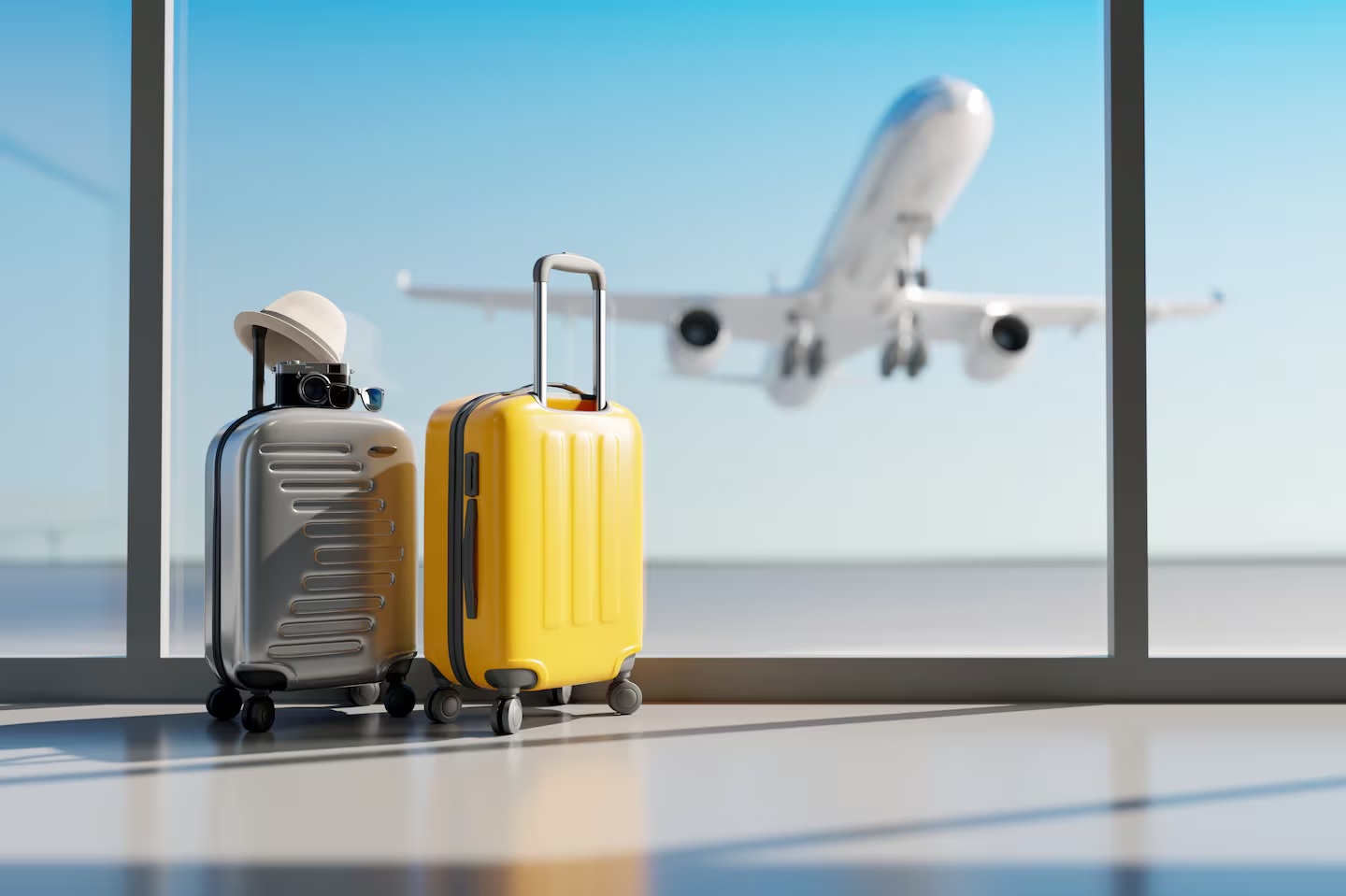Introduction: Beyond Destinations and Departures
Travel is not merely the act of moving from one place to another; it is an invitation to expand the soul, challenge the mind, and awaken the senses. It has long served as humanity’s window to the world, allowing us to escape routine, explore the unfamiliar, and return with stories etched into our memory. Whether it’s the gentle sway of a gondola in Venice, the call to prayer echoing through Istanbul, or the serene stillness of a Himalayan morning, travel is a tapestry of moments that enrich, educate, and elevate. At its finest, travel does not just change our scenery—it changes us.
The Psychology of Travel: Why We Yearn to Roam
The desire to travel is embedded deep within the human psyche. Long before commercial airlines and high-speed trains, humans were crossing oceans and deserts, driven by curiosity and survival. Today, the motives have evolved, but the longing remains.
Common motivations behind modern travel:
-
Escape and Renewal: Stepping away from routine rejuvenates the spirit and clears mental clutter
-
Discovery and Learning: New cultures, cuisines, languages, and histories broaden our perspective
-
Connection: Traveling often strengthens bonds—whether with loved ones, strangers, or oneself
-
Inspiration: Nature, art, and unfamiliar landscapes ignite creativity and reflection
The moment we leave our comfort zone, we begin to see not only the world differently but ourselves as well.
Cultural Immersion: A Gateway to Empathy
True travel transcends sightseeing. To really know a place, one must taste its food, speak its greetings, and walk its streets without hurry. Cultural immersion offers profound insights that no guidebook can replicate.
Ways to engage deeply with local culture:
-
Eat Where the Locals Eat: Skip the international chains and savor authentic, homemade meals
-
Learn Basic Phrases: Even a few words in the native language can open doors and hearts
-
Attend Local Festivals: Celebrations reveal traditions, beliefs, and shared values in their most vibrant form
-
Stay in Homestays or Guesthouses: These offer a more intimate view of local life than hotels ever could
By engaging meaningfully with different cultures, we develop empathy and humility—two traits essential to a more compassionate world.
Types of Travel: A Journey for Every Soul
Not all travel is created equal. The beauty of travel lies in its versatility—each journey can serve a unique purpose, catering to different needs and stages of life.
Popular travel styles include:
-
Solo Travel: Encourages independence, self-discovery, and resilience
-
Family Travel: Builds bonds through shared experiences and collective memories
-
Adventure Travel: Appeals to thrill-seekers with activities like hiking, diving, or zip-lining
-
Luxury Travel: Emphasizes comfort, refinement, and indulgent experiences
-
Sustainable/Eco Travel: Focuses on mindful exploration with minimal environmental impact
-
Cultural and Historical Travel: For those drawn to art, architecture, and ancient civilizations
Each style offers a different lens through which to view the world, yet all are united by the promise of transformation.
The Art of Slow Travel
In an era of fast itineraries and ticking off checklists, slow travel has emerged as a conscious movement. It emphasizes quality over quantity, depth over distance.
Principles of slow travel:
-
Stay Longer in One Place: Build a genuine connection rather than rushing through
-
Travel Overland When Possible: Trains, buses, and even bicycles offer scenic immersion
-
Support Local Economies: Choose locally owned accommodations, artisans, and eateries
-
Be Present: Resist the urge to document every moment; some experiences are best felt, not filmed
Slow travel allows for introspection and a more sustainable, meaningful approach to exploring the world.
Sustainable Travel: Exploring Responsibly
With tourism’s rapid growth comes increased responsibility. Over-tourism, pollution, and cultural insensitivity can degrade the very destinations we cherish. Responsible travel ensures that we give back more than we take.
Tips for ethical and eco-conscious travel:
-
Respect Local Customs: Dress modestly, ask before photographing, and honor traditions
-
Minimize Waste: Carry reusable water bottles, bags, and utensils
-
Choose Eco-Friendly Operators: Support tour groups and lodgings with sustainable practices
-
Offset Carbon Emissions: Consider contributing to environmental projects to counteract travel footprints
When travel is approached with care and respect, it becomes a force for good—for both traveler and host.
The Joy of Planning: Anticipation as Part of the Journey
Planning a trip often brings as much excitement as the journey itself. Researching destinations, crafting itineraries, and dreaming of possibilities elevate the anticipation.
Why planning matters:
-
It Enhances Experience: Understanding the context of a destination enriches every moment
-
It Reduces Stress: Having a structure allows for more spontaneous joy
-
It Builds Appreciation: Learning about history, customs, and geography creates deeper respect
While spontaneity has its charm, a well-balanced plan provides the freedom to explore with confidence and curiosity.
Travel as a Teacher: Lessons Beyond the Classroom
Every trip, whether a weekend getaway or a world tour, imparts lessons. The world becomes our classroom, each place a new chapter in a lifelong education.
What travel teaches us:
-
Patience: Delays, detours, and differences test and grow our ability to adapt
-
Gratitude: Witnessing different ways of life fosters appreciation for our own blessings
-
Open-Mindedness: New perspectives challenge biases and expand understanding
-
Resilience: Navigating foreign lands builds problem-solving skills and inner strength
Ultimately, travel makes us not just better tourists, but better people—more open, aware, and alive.
Conclusion: The Journey That Never Ends
Travel is more than a passport stamp or a collection of photographs—it is a lifelong journey of the spirit. It invites us to step beyond the familiar, to meet the world with wonder, and to discover pieces of ourselves in foreign places. Whether trekking through ancient ruins or sipping tea in a quiet village, the act of travel connects us—to others, to nature, and to our innermost selves. In a world that often urges us to settle, travel reminds us to explore. For those who dare to wander, the road never truly ends—it simply opens to new beginnings, one journey at a time.






